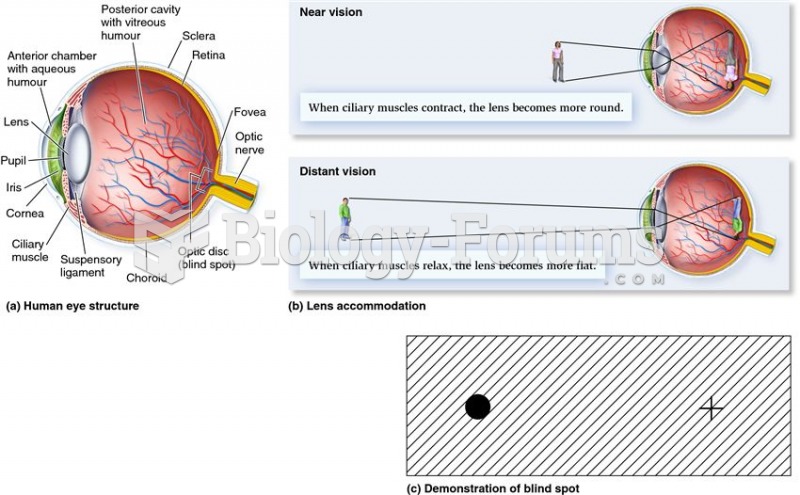This topic contains a solution. Click here to go to the answer
|
|
|
Did you know?
ACTH levels are normally highest in the early morning (between 6 and 8 A.M.) and lowest in the evening (between 6 and 11 P.M.). Therefore, a doctor who suspects abnormal levels looks for low ACTH in the morning and high ACTH in the evening.
Did you know?
The FDA recognizes 118 routes of administration.
Did you know?
Everyone has one nostril that is larger than the other.
Did you know?
During the twentieth century, a variant of the metric system was used in Russia and France in which the base unit of mass was the tonne. Instead of kilograms, this system used millitonnes (mt).
Did you know?
The people with the highest levels of LDL are Mexican American males and non-Hispanic black females.







